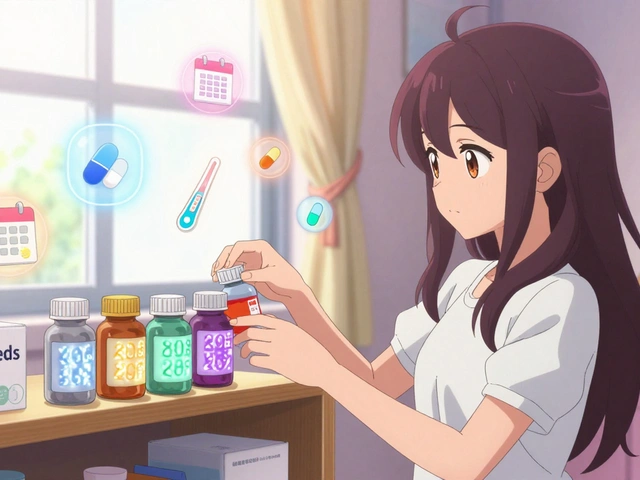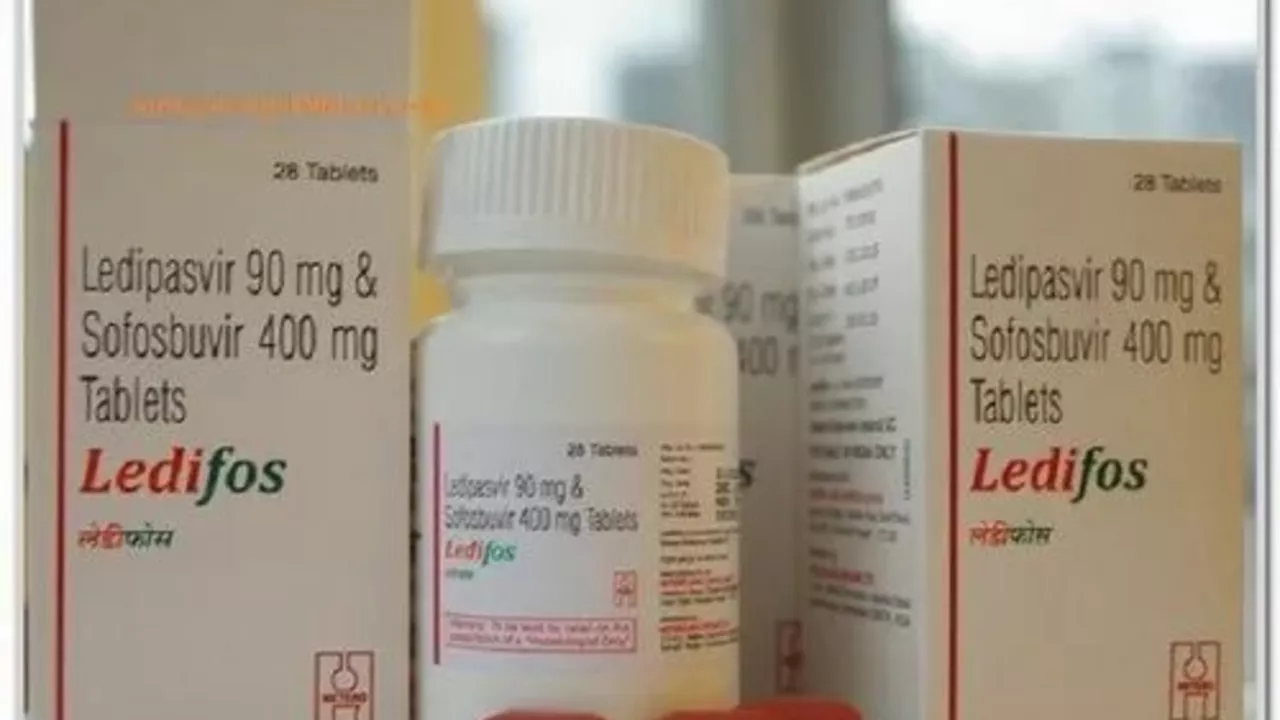Ledipasvir therapy: clear, practical info for people with hepatitis C
If you or someone you care for is starting ledipasvir therapy, you probably have questions: how it works, how long to take it, and what to watch for. Ledipasvir is combined with sofosbuvir (brand name Harvoni) and is one of the direct-acting antivirals that can cure hepatitis C in most people. It targets the virus’s ability to copy itself, so the virus level falls and the liver can begin to heal.
Who gets ledipasvir/sofosbuvir and the usual dosing
Most adults with HCV genotype 1 do well on a single pill once a day: ledipasvir 90 mg + sofosbuvir 400 mg. Typical courses are 12 weeks. An 8-week course can work for treatment-naive, non-cirrhotic people with a low viral load (HCV RNA under 6 million IU/mL). People with cirrhosis, previous treatment failure, or other health issues may need 12–24 weeks or the addition of ribavirin. Your doctor will pick the right plan based on genotype, liver scarring, prior treatments, and other medical conditions.
What to expect: side effects and safety tips
Common side effects are usually mild: fatigue, headache, nausea, and trouble sleeping. Serious problems are rare, but there are a few important warnings. Combining sofosbuvir with amiodarone can cause slow heart rate (bradycardia) — tell every clinician and pharmacist if you take amiodarone. Check for hepatitis B; treating hepatitis C can sometimes trigger HBV reactivation, so doctors usually test for HBV before starting therapy.
Also watch drug interactions. Drugs that strongly induce P-glycoprotein or certain liver enzymes (for example, rifampin, St. John’s wort, carbamazepine, and phenytoin) can lower ledipasvir/sofosbuvir levels and make treatment less effective. Antacids or high-dose proton pump inhibitors can reduce ledipasvir absorption; space antacids by a few hours and follow your prescriber's advice for PPIs and H2 blockers.
Kidney function matters. Sofosbuvir is cleared by the kidneys, so people with severe kidney disease or on dialysis need special assessment — another reason to follow a specialist’s guidance rather than self-medicating.
Before and during treatment, expect baseline labs (HCV RNA, liver tests, fibrosis assessment) and repeat HCV RNA after finishing therapy to confirm cure (sustained virologic response at 12 weeks after treatment). Keep all follow-up appointments and take the pill the same time every day. Missing doses reduces your chance of cure.
Final practical tips: tell your provider about all meds — prescription, OTC, and supplements — and mention heart meds like amiodarone. If cost or access is an issue, ask your clinic about patient assistance programs; many manufacturers and clinics offer help. Don’t stop treatment early and don’t share your meds with others. If you notice worrying symptoms like fainting, chest pain, or severe allergic reactions, seek care right away.
For personalized advice, talk with your hepatologist, gastroenterologist, or infectious disease doctor. A pharmacist can also help check interactions and answer dosing questions so your treatment goes smoothly.
The role of pharmacists in managing Ledipasvir therapy for Hepatitis C patients
In my recent exploration, I've discovered the significant role pharmacists play in managing Ledipasvir therapy for Hepatitis C patients. They are essential in guiding patients through the treatment process, ensuring they understand how to take their medication correctly to maximize its effectiveness. They closely monitor patients' response to the therapy, adjusting dosages when necessary, to reduce side effects. Additionally, pharmacists provide important advice on lifestyle changes to support the therapy. Their support and guidance are invaluable for patients battling Hepatitis C.
About
Health and Medicine
Latest Posts


Genetics of Bone Marrow Disorders: Key Findings and Clinical Impact
By Marcel Kornblum Sep 27, 2025

How to Create a Medication Expiration Review Schedule
By Marcel Kornblum Dec 3, 2025

Preparing for a Kidney Transplant: Evaluation, Waitlist, and Living Donors
By Marcel Kornblum Dec 19, 2025

